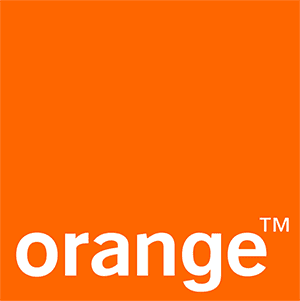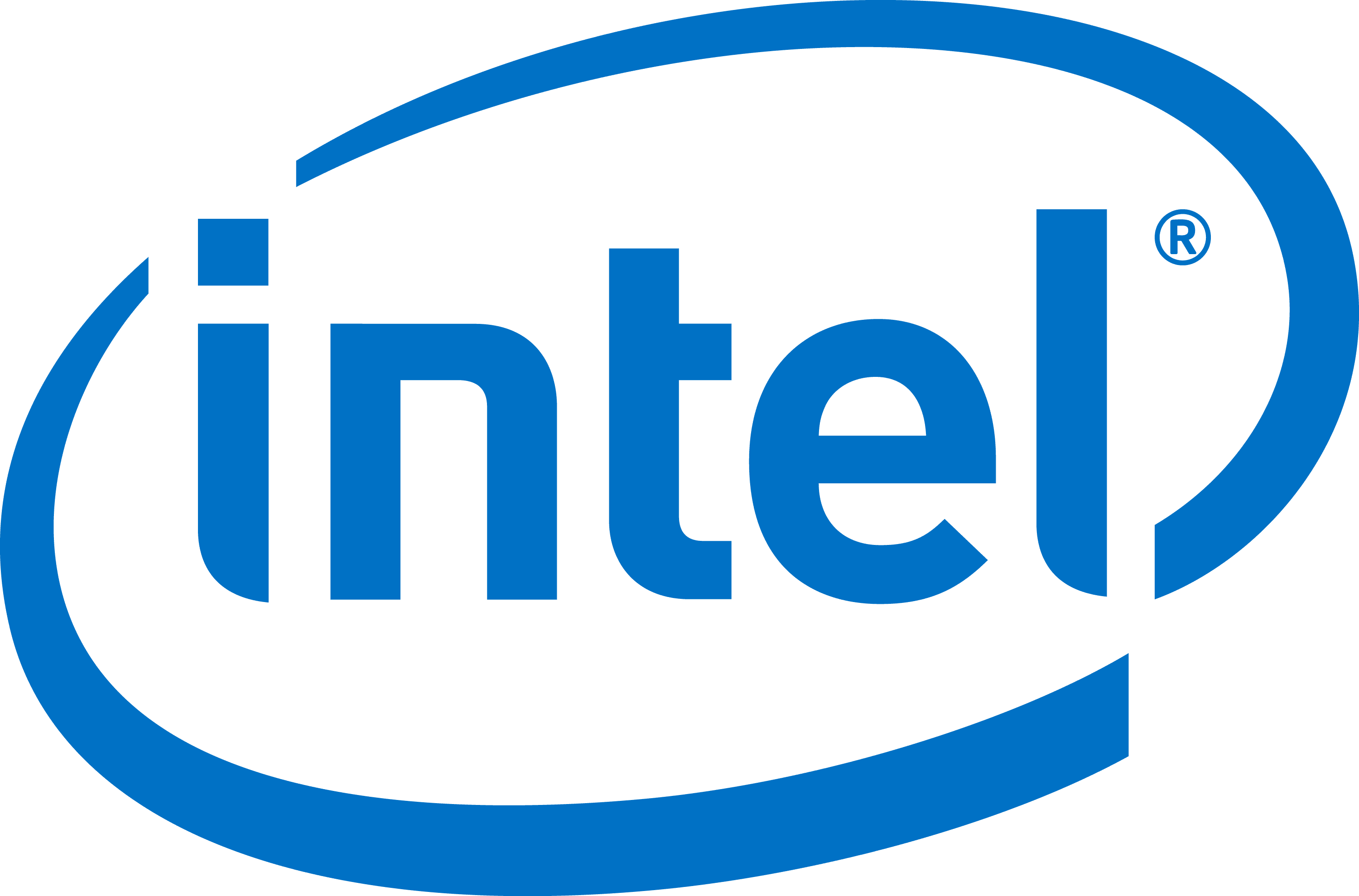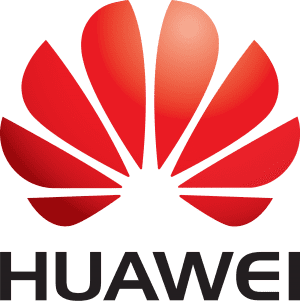Keynotes are held every day in the main track of NetSoft.
Tuesday June 25, 2019
9:15 am – 10:00 am
Room: La Grande Scène
Keynote #1
What we need to overcome in order to benefit fully from Network Softwarization [Slides]
Speaker
Roberto Kung, Orange Labs, France
Keynote Description
Many technology evolutions are being introduced by network operators. Just to name a few, we can mention 5G with its devices (smartphones, IoT) and applications such as slicing, IT technology with Cloud and SDN/NFV, Open source (ORAN, ONAP, Open Stack…), AI and Machine Learning, Big data, blockchains… All these technologies contribute to advancing network softwarization. This will allow for benefiting for softwarization advantages: more flexibility/agility while being competitive.
However, contrarily to a piece of software or a piece of equipment, networks are difficult to upgrade as a whole as they have to live with different generations of equipment. For instance, it is difficult to decommission 2G network (or PSTN) as there are still many 2G phones (PSTN users). Another reason is the sheer cost of updating technologies. A network operator like Orange cannot spend much more than 7 billion euro per year. This may not be an issue if the ‘modern’ part of the network is available everywhere. However, the coexistence may be an issue from a cultural and process point of view. Usually Operators have decommissioning programs and cultural change programs. Another part which may be difficult to upgrade is the BSS/OSS. It may not be necessary to change everything, but it is necessary to allow for automated provisioning. Relevant plugs using TMF API are one possible solution. This will become key with the introduction of 5G Slicing and from the NSaaS (Network Slice) standpoint.
Obviously, there are also other issues related to the softwarization technologies:
- How to handle the diversity of suppliers, leading to various ways of working and difficulties to integrate.
- How to implement advanced agile mode while maintaining security with 3rd parties.
- How to avoid vendor locking while the IT infrastructure stack is integrated with network applications
- How to introduction an adequate underlying platform (‘Telco Cloud’), able to execute software where it makes most sense (centrally, or closer to the customer for better latency – milli-second).
- Last but not least, how to go to a true noOps world with automation, allowing operation to focus on Quality Service improvement.
Biography
Roberto Kung is Senior Vice-President, Technology and Operations at Orange Labs, France. He is responsible for the Orange Expert program bringing together the top 600 orange experts on domains such as Network technologies and operations, Security, Data and AI, Software or Environment. The program also covers services aspects such as content, communication or transaction services.
He is responsible for Orange strategy on Network Operations, with a specific focus on smooth deployment of innovations (use of Orange Integration network, organization, processes, OSS/tools and operational support).
Prior to that, he has been Head of Orange Core Networks R&D, Head of Lannion site, Head of strategy in France Telecom’s Network division, Head of Strategy & Planning in France Telecom’s long-distance subsidiary. In the past, he has also been active in R&D, with the overall responsibility of all R&D activities within the Intelligent Network Program. He has been a member of TINA-C and responsible of the Working Group on Intelligent Networks at ITU-T.
Roberto Kung graduated from École Polytechnique in France and obtained a telecom engineering degree from Telecom ParisTech.
Wednesday June 26, 2019
11:00 am – 11:45 am
Room: La Grande Scène
Keynote #2
Software-Based Networks: Leveraging high-performance NFV platforms to meet future communication challenges [Slides]
Speaker
K. K. Ramakrishnan, University of California, Riverside, USA
Keynote Description
Communication networks are changing. They are becoming more and more “software-based.” The use of Network Function Virtualization (NFV) to run network services in software, along with the concept of Software Defined Networks (SDN), will lead to a largely software-based network environment. To truly achieve the vision of a high-performance software-based network that is flexible, lower-cost, and agile, a high-performance, carefully designed NFV platform along with a comprehensive SDN control plane is needed. Our open-source NFV platform, OpenNetVM, enables high bandwidth network functions to operate at near line speed, while taking advantage of the flexibility and customization of low-cost commodity servers. We envision a dynamic and flexible network that can support a smarter data plane than just simple switches that forward packets. I will describe the OpenNetVM architecture and scheduling frameworks that enable per-flow customization and rate-and-cost proportional fair scheduling of flows.
Biography
K. K. Ramakrishnan is Professor of Computer Science and Engineering at the University of California, Riverside. Previously, he was a Distinguished Member of Technical Staff at AT&T Labs-Research. He joined AT&T Bell Labs in 1994 and was with AT&T Labs-Research since its inception in 1996. Prior to 1994, he was a Technical Director and Consulting Engineer in Networking at Digital Equipment Corporation. Between 2000 and 2002, he was at TeraOptic Networks, Inc., as Founder and Vice-President.
Dr. Ramakrishnan is an ACM Fellow, IEEE Fellow and an AT&T Fellow, recognized for his fundamental contributions on communication networks, congestion control, traffic management, VPN services, and a lasting impact on AT&T and the industry. His work on the “DECbit” congestion avoidance protocol received the ACM Sigcomm Test of Time Paper Award in 2006. He has published over 250 papers and has 172 patents issued in his name. K.K. has been on the editorial board of several journals and has served as the TPC Chair and General Chair for several networking conferences. K. K. received his MTech from the Indian Institute of Science (1978), MS (1981) and Ph.D. (1983) in Computer Science from the University of Maryland, College Park, USA.
Wednesday June 26, 2019
11:45 am – 12:30 pm
Room: La Grande Scène
Keynote #3
Fluid Network Planes – An overview of Network Refactoring and Offloading Trends [Slides]
Speaker
Christian Esteve Rothenberg, University of Campinas, Brazil
Keynote Description
10 years have passed since the term SDN was coined in 2009. Since then, the three letter acronym has kept evolving through broadening definitions until our state of affairs where SDN means little unless adequately technically elaborated.
Among the key aspects of SDN is the refactoring of the network control plane. At the crossroads, NFV introduces new ways to refactor network functions, be them control or data plane related.
Despite the softwarization flag of SDN and NFV, the hardware/software continuum is as relevant as ever, offering new offloading opportunities at node and network-wide scales.
In this talk, we will review evolving transformations behind network softwarization with a special focus on network refactoring and offloading trends leading to “fluid networks planes”, where the location and HW/SW embodiments of network functions becomes blurry, from the edge to core, from one administrative provider to another, from programmable silicon to portable lightweight virtualized containers.
Biography
Christian Rothenberg is Assistant Professor (tenure-track) and head of the Information & Networking Technologies Research & Innovation Group (INTRIG) at University of Campinas (UNICAMP), where he received his Ph.D. in Electrical and Computer Engineering in 2010. From 2010 to 2013, he worked as Senior Research Scientist in the areas of IP systems and networking, leading SDN research at CPqD R&D Center in Telecommunications, Campinas, Brazil. He holds the Telecommunication Engineering degree from the Technical University of Madrid (ETSIT – UPM), Spain, and the M.Sc. (Dipl. Ing.) degree in Electrical Engineering and Information Technology from the Darmstadt University of Technology (TUD), Germany, 2006.
His research activities span all layers of distributed systems and network architectures and are often carried in collaboration with academia and industry (e.g., Ericsson, Samsung, CPqD) around the world, leading to multiple open source networking projects (e.g., RouteFlow, libfluid, ofsoftswitch13, Mininet-WiFi) in the areas of SDN and NFV among other scientific results.
Christian has two international patents and over 100 publications, including scientific journals and top-tier networking conferences such as SIGCOMM and INFOCOM, altogether featuring 5000+ citations. He was an Open Networking Foundation (ONF) Research Associate (2013-2017), co-chair of the IEEE SDN Outreach Committee initiative (2016-2017), is a member of the CPqD Innovation Committee (2017-), and CNPq Productivity Research Fellow (2017-2020).
Thursday June 27, 2019
9:30 am – 10:15 am
Room: La Grande Scène
Keynote #4
Technology Development Challenges for Wide-Area SDx Services in the Cloud Native Era [Slides]
Speaker
Dai Kashiwa, NTT Communications, Japan
Keynote Description
As various IaaS/PaaS/SaaS services have become popular, most of enterprise customers have preferred to use multi-cloud and multi-networks environments. They have wanted for service providers to provide dynamic and agile services aligned with their IT strategy harmonizing with dynamicity of these cloud services. To meet them, we have deployed SDN/NFV technologies into our production environments in the region of not only inside data center networks but also WAN (Wide Area Networks) including DCIs (Data Center Interconnection), backbone networks and access networks. Moreover, cloud native technologies, such as containers, service meshes, microservices and declarative APIs, has become matured these days. It will be useful for us to adopt these technologies to implement SDN/NFV platform itself and value-added functions running on them in more modern ways. Currently, we have a lot of technology development challenges including them to make our wide-area SDx services more valuable ones.
In this presentation, we will first share our softwarization history of NTT Communications’ network services and our tech-vision on wide-area SDx services. Second, we will show you several practical technology development projects using cloud native technologies. Then we will explain and discuss technology development challenges for the next steps, including adopting open/standard APIs, disaggregation and fully automation.
Biography
Dai Kashiwa is the Vice-President of SDN/NFV technology development at NTT Communications, where he leads numerous incubation and software development projects using SDN/NFV technologies.
After he joined NTT, he was involved in research including network management systems, network security, Active Networks, and received his Ph.D. in 2003. Since 2004, he has worked for NTT Communications, where he developed business network services including video broadcasting, dynamic VPN and SDN services.
He has been a board member of ONF (Open Networking Foundation) since 2015 and leading the Open and Disaggregated Transport Network (ODTN) project that is an operator-led initiative to build data center interconnects using disaggregated optical equipment, open and common standards, and open source software. He was successively appointed to ONOS/CORD board member and OpenDaylight user advisory board.









